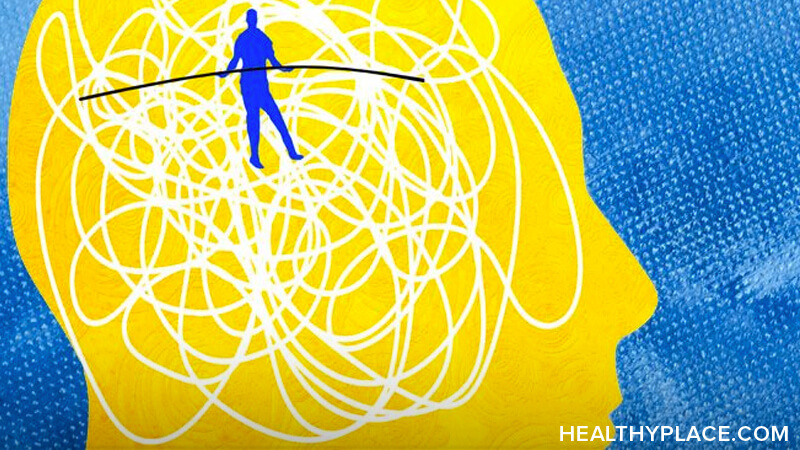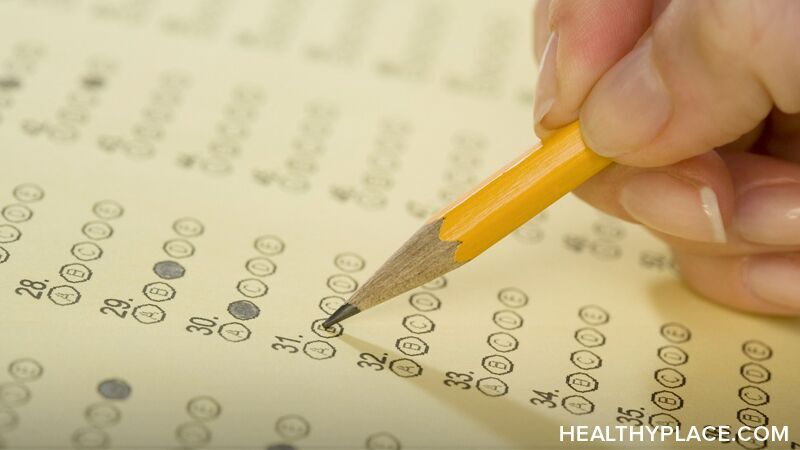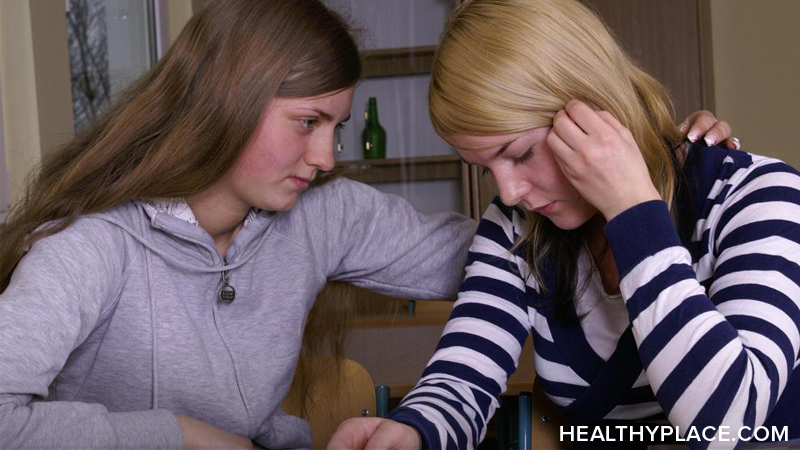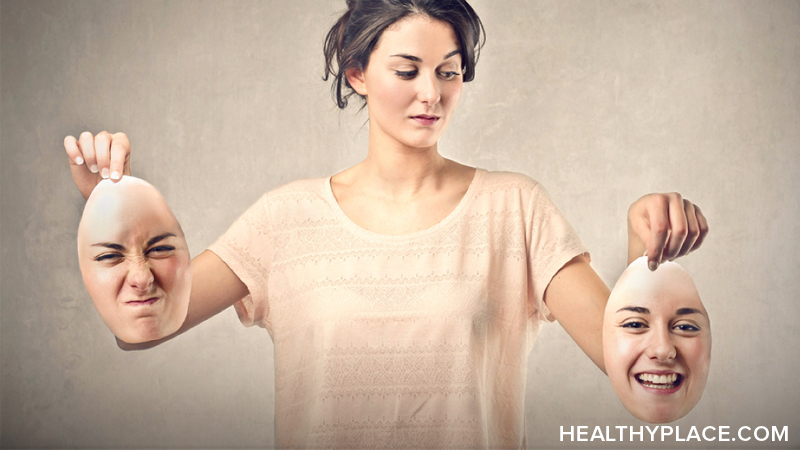Schizophrenia vs. Psychosis: What’s the Difference?
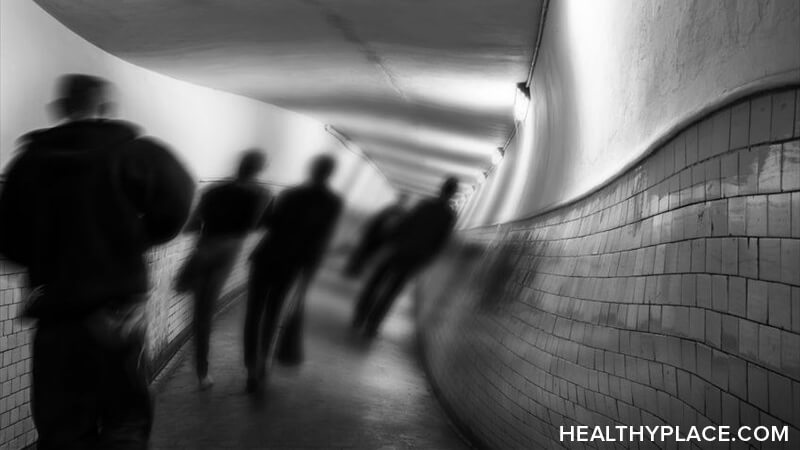
Psychosis. Psychotic. Schizophrenia. Schizophrenic. We hear the words often, used in the media, online, and on the street. Sometimes they’re used correctly, but many times they’re not. So let’s take a look at schizophrenia vs. psychosis and the difference between the two because a lack of understanding of these terms often causes misunderstandings of the people who experience schizophrenia and psychosis.
Psychosis is part of schizophrenia, and it can be part of other disorders as well. Psychosis is a concept that describes specific symptoms. Schizophrenia is a mental illness that has psychotic features. When broken down into symptoms, the notion of schizophrenia vs psychosis makes sense.
Schizophrenia vs Psychosis: The Symptoms
Psychosis isn’t a mental disorder by itself. Instead, specific features define the experience we call psychosis. The psychotic symptoms include:
- Hallucinations (sensing things that aren’t there)
- Delusions (strongly believing things that aren’t true)
- Confusion
- Inability to think clearly or put thoughts together coherently
- Rapid, racing thoughts
- Confused speech (that reflects unclear thinking and racing thoughts)
- Disorganized behavior (erratic, unpredictable, illogical, agitated, inappropriately loud)
- Catatonic behavior (unresponsiveness and holding body in one position for an extended period)
In psychosis, not all of these need be present. Hallucinations and/or delusions are almost always part of psychosis.
In schizophrenia, psychosis is the first criteria that must be met for a diagnosis of schizophrenia. Without psychosis, there is no schizophrenia. However, psychosis alone does not comprise schizophrenia. To have schizophrenia, someone must also experience other symptoms:
- Negative symptoms (reduced emotional expression, loss of motivation, speech and/or sense o pleasure); negative features are prominent
- Level of functioning is greatly disrupted
The difference between psychosis and schizophrenia is that psychosis refers to symptoms and can be part of many things. Schizophrenia is a serious mental illness that includes the symptoms of psychosis.
Psychosis Isn’t Just for Schizophrenia
Not everyone who experiences psychotic symptoms has schizophrenia. Other disorders involve psychosis too, such as psychotic disorders, mood disorders, and substance use disorders.
For an accurate diagnosis, doctors must tease out the symptoms. It can be challenging and confusing because the symptoms of the various disorders often overlap. To determine if someone has schizophrenia or a different disorder with psychotic features, doctors consider:
- All of the symptoms someone is experiencing (psychotic and otherwise)
- What symptoms are missing (for example, schizophrenia involves negative symptoms, so if no negative symptoms are present, the doctor rules out schizophrenia)
- Age
- Family history
- Severity of the symptoms
- Timing of the symptoms (do the psychotic features occur on their own or always with something else)
- Duration of the symptoms
When doctors do this, they are deciding on the right diagnosis to best help someone facing these challenges. They consider schizophrenia as well as other disorders that can have psychotic features (Bipolar and Schizophrenia: What's the Difference?).
Disorders with Psychosis: Schizophrenia or Something Else?
Several different illnesses can be associated with psychosis. The categories are
- Psychotic disorders (schizophrenia, schizoaffective disorder, schizophreniform disorder, catatonia, delusional disorder)
- Mood disorders (bipolar disorder, cyclothymic disorder, major depression, dysthymia, premenstrual dysphoric disorder)
- Substance use disorders
Schizophrenia and other psychotic disorders all involve psychosis. Other features differentiate them from each other:
• Brief psychotic disorder involves the appearance of one- to three psychotic symptoms that last no more than one month
• Delusional disorder involves only delusions (or, if there are hallucinations, they are mild and related to the delusion)
• Schizophreniform disorder most closely resembles schizophrenia but differs in that schizophreniform lasts less than six months
• Schizoaffective disorder is a psychotic disorder with strong mood features
All of the psychotic disorders are somewhat difficult to distinguish from schizophrenia even with these symptoms, features, and criteria because people aren’t black-and-white like a diagnostic manual.
Schizophrenia vs. Mood Disorders with Psychotic Features
The big question when someone is experiencing psychotic symptoms and mood symptoms is whether they have a psychotic disorder like schizophrenia with mood features or a mood disorder with psychotic features. Here’s why:
- Schizophrenia’s negative symptoms are very much like depression.
- Schizophrenia’s positive symptoms, such as disorganized behavior, can look a lot like bipolar mania.
- In their extreme forms, both depression and bipolar disorder can have psychotic features.
For the most effective treatment, doctors and the individuals who are living with the disorder(s) must decide between:
- depression with psychosis vs schizophrenia
- schizophrenia vs bipolar psychosis.
Timing is key. If mood symptoms occur only during a psychotic episode, then the diagnosis is schizophrenia or schizoaffective disorder. If the mood symptoms occur on their own but sometimes are accompanied by psychotic features, the diagnosis is a mood disorder.
Drug-Induced Psychosis vs Schizophrenia
Substance use, abuse, and withdrawal can cause psychotic symptoms. Substance-induced psychosis vs schizophrenia is another difficult comparison.
The use and abuse of illegal drugs can induce psychotic symptoms during use as well as throughout the withdrawal period (sometimes far beyond that). Heavy alcohol use and withdrawal also cause psychosis. If someone experiences psychosis only when using or withdrawing from drugs, he or she does not have schizophrenia. There is the possibility, though, that the substance use is to self-medicate schizophrenia symptoms.
Understanding similarities and differences between schizophrenia and psychosis will lead to better treatment and prognosis for people living with either one.
APA Reference
Peterson, T.
(2021, December 28). Schizophrenia vs. Psychosis: What’s the Difference?, HealthyPlace. Retrieved
on 2025, April 30 from https://www.healthyplace.com/thought-disorders/schizophrenia-symptoms/schizophrenia-vs-psychosis-what-s-the-difference
